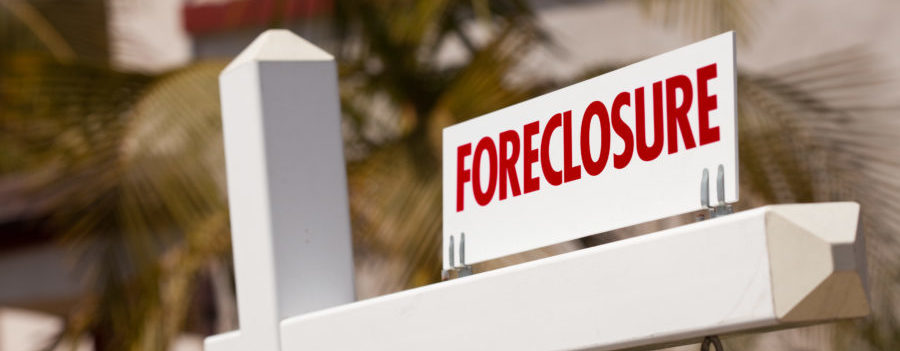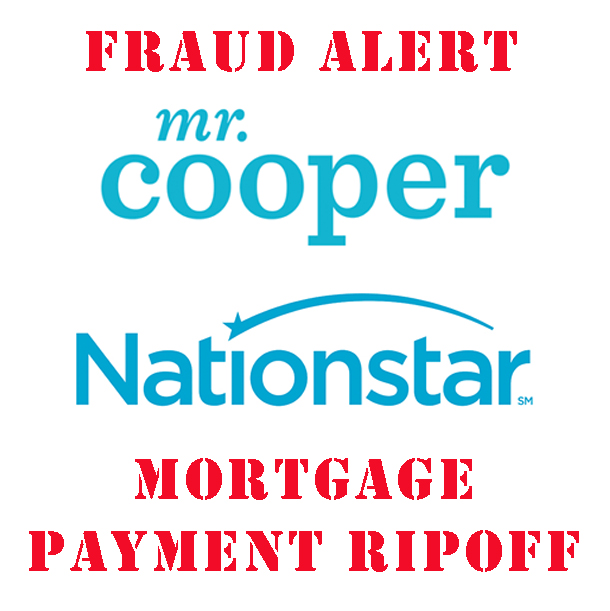
In 2010 Kim Naimoli of Geneva, New York who was struggling to make her mortgage payments in the wake of the 2007-2008 collapse of the housing market, applied for a loan modification under the provisions of the federal Home Affordable Modification Program (HAMP). Over the next six years Ms. Naimoli did everything right: she completed and returned forms, complied with document requests, made her house payments on time, and, in accordance with the law, filed a “Notice of Error” (NOE) when Ocwen the company that was servicing her loan made mistakes.
During that same period Ocwen, now known as PHH, did everything wrong. The company failed to register mortgage documents, refused to abide by the terms of the loan modification agreement it had approved, did not acknowledge or respond to correspondence from Ms. Naimoli or her legal counsel, began refusing to accept her mortgage payments, revoked the loan mod agreement, and rejected an NOE requesting that the firm correct its blatant errors.
In 2017 DannLaw, one of the nation’s leading consumer protection law firms, sued Ocwen/PHH on Ms. Naimoli’s behalf in the Federal District Court for the Western District of New York alleging the company had committed multiple violations of the federal Real Estate Sales Practices Act (RESPA). In April of 2020 Judge Elizabeth A. Wolford granted the company’s motion for summary judgement and dismissed the case.
DannLaw immediately appealed and, in what DannLaw founder and former Ohio Attorney General Marc Dann hailed as a major victory for homeowners, the United States Court of Appeals for the Second Circuit reversed Judge Wolford and held that Ocwen/PHH had indeed violated the law. According to Dann the decision, handed down on January 7, 2022, will have wide-ranging impact on the mortgage servicing industry because the New York City-based Second Circuit is one of the most influential courts in the federal judicial system.
The significance of the case is underscored by the fact that the judges asked the Consumer Financial Protection Bureau to a file a brief after oral argument. In the brief the CFPB essentially supported DannLaw’s position.
Javier Merino, leader of the DannLaw team that litigated the case said Ocwen/PHH never denied engaging in the conduct that nearly cost Ms. Naimoli her home. “The record is clear: the company made numerous errors, would not correct them, and then used their mistakes as justification for walking away from the loan mod they had previously approved,” he said. “Once we got them into court, they contended that because their admitted misdeeds were related to the denial of the loan mod and not mortgage servicing they weren’t covered by RESPA. Fortunately, the Second Circuit saw through that specious argument and ruled in our favor.” The decision may be viewed here.
“Ocwen/PHH is perennially ranked among the worst mortgage servicers in the U.S. so I’m certainly not surprised that their bad acts served as a catalyst for this landmark decision,” Marc Dann noted. “I find it both incredibly satisfying and ironic that the company’s persistent and willful violations of the law will strengthen and expand the protections offered by RESPA and benefit homeowners who are too often abused by the mortgage servicing industry.”
Dann said the case, which took years to move through the courts, demonstrates the importance of RESPA’s fee-shifting provisions which balance the legal playing field. “Contingency fee arrangements ensure that homeowners like Ms. Naimoli have the opportunity to seek and secure justice and receive the financial compensation they need and deserve,” he said. “They enable plaintiff’s law firms like ours to stand toe-to-toe with and defeat the white shoe law firms that represent the financial services industry case after case, year after year.”
Dann also said the case illustrates why borrowers must document in writing and preserve all communications and interactions they have with lenders. “The records Ms. Naimoli retained, including delivery receipts and originals and copies of all correspondence, allowed us to present clear and convincing evidence of Ocwen/PHH’s conduct to the Court. The value of those records and the role they played in our victory cannot be understated.”
For more information please contact Marc Dann at 216-373-0539 or email [email protected]
 As the new year begins nearly all the mortgage support programs implemented in response to the Covid 19 pandemic are coming to an end. That means millions of homeowners who have taken advantage of mortgage forbearance must begin making their house payments again. Many are finding it difficult to secure permanent loan modifications or repayment plans, some are about to lose their homes because the foreclosure moratoriums imposed by the Consumer Finance Protection Bureau (CFPB) have been lifted, and others are unable to make mortgage payments because advance Child Tax Credit payments
As the new year begins nearly all the mortgage support programs implemented in response to the Covid 19 pandemic are coming to an end. That means millions of homeowners who have taken advantage of mortgage forbearance must begin making their house payments again. Many are finding it difficult to secure permanent loan modifications or repayment plans, some are about to lose their homes because the foreclosure moratoriums imposed by the Consumer Finance Protection Bureau (CFPB) have been lifted, and others are unable to make mortgage payments because advance Child Tax Credit payments  Mortgage loan servicers often provide inaccurate and/or incomplete information about the loss mitigation options available to borrowers leaving forbearance or seeking loan modifications.
Mortgage loan servicers often provide inaccurate and/or incomplete information about the loss mitigation options available to borrowers leaving forbearance or seeking loan modifications. An explanation of each option may be found in our
An explanation of each option may be found in our  On Tuesday, April 27, the Consumer Financial Protection Bureau announced that Mr. Cooper/Nationstar has been withdrawing multiple mortgage payments from the bank accounts of hundreds of thousands of consumers without authorization.
On Tuesday, April 27, the Consumer Financial Protection Bureau announced that Mr. Cooper/Nationstar has been withdrawing multiple mortgage payments from the bank accounts of hundreds of thousands of consumers without authorization. A lot has happened since we issued our first COVID-19 on March 13. In our tenth update we’ll take a look at recent developments, discuss impending challenges and opportunities, issue a couple warnings, and dispense some sage advice…
A lot has happened since we issued our first COVID-19 on March 13. In our tenth update we’ll take a look at recent developments, discuss impending challenges and opportunities, issue a couple warnings, and dispense some sage advice…
 Today it is estimated that more than 8 million Americans, including tens of thousands of Ohioans, are behind on their rent payments and may soon be evicted from their homes. This number could rise substantially when the CARES Act’s Pandemic Unemployment Insurance payments sunset at the end of July.
Today it is estimated that more than 8 million Americans, including tens of thousands of Ohioans, are behind on their rent payments and may soon be evicted from their homes. This number could rise substantially when the CARES Act’s Pandemic Unemployment Insurance payments sunset at the end of July. Finally, I would like to extend a personal invitation for you to join me on August 5 for the premiere of “The Con,” a four-part series about the 2008 fraud and corruption-fueled collapse of America’s housing market. I’m both proud and humbled to say the series highlights the steps I took as Ohio Attorney General and at DannLaw to hold those responsible for the crisis that led to 10,000,000 families losing their homes accountable for their actions. The series provides a lesson for the risks we face as we hurtle toward a pandemic-related recession.
Finally, I would like to extend a personal invitation for you to join me on August 5 for the premiere of “The Con,” a four-part series about the 2008 fraud and corruption-fueled collapse of America’s housing market. I’m both proud and humbled to say the series highlights the steps I took as Ohio Attorney General and at DannLaw to hold those responsible for the crisis that led to 10,000,000 families losing their homes accountable for their actions. The series provides a lesson for the risks we face as we hurtle toward a pandemic-related recession.